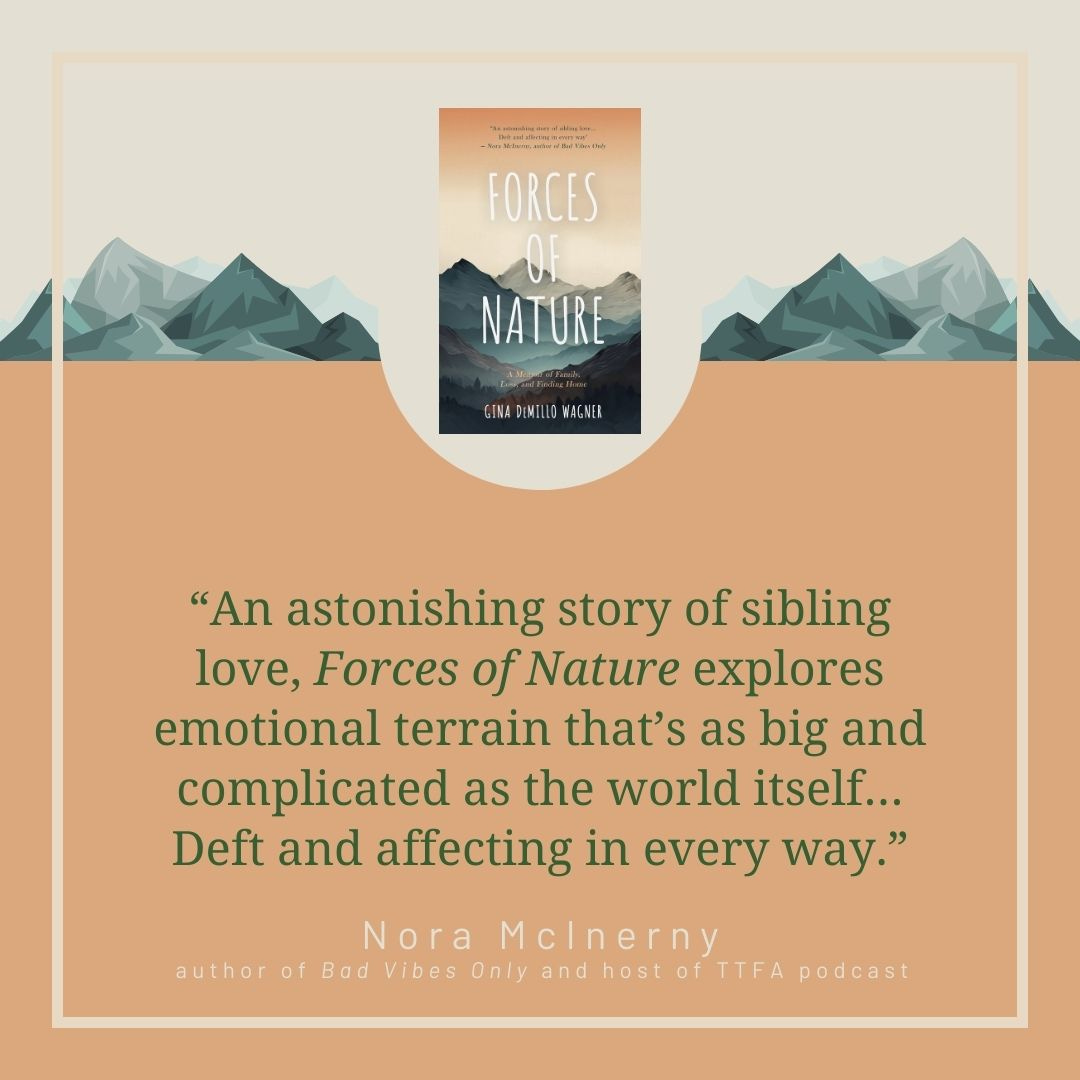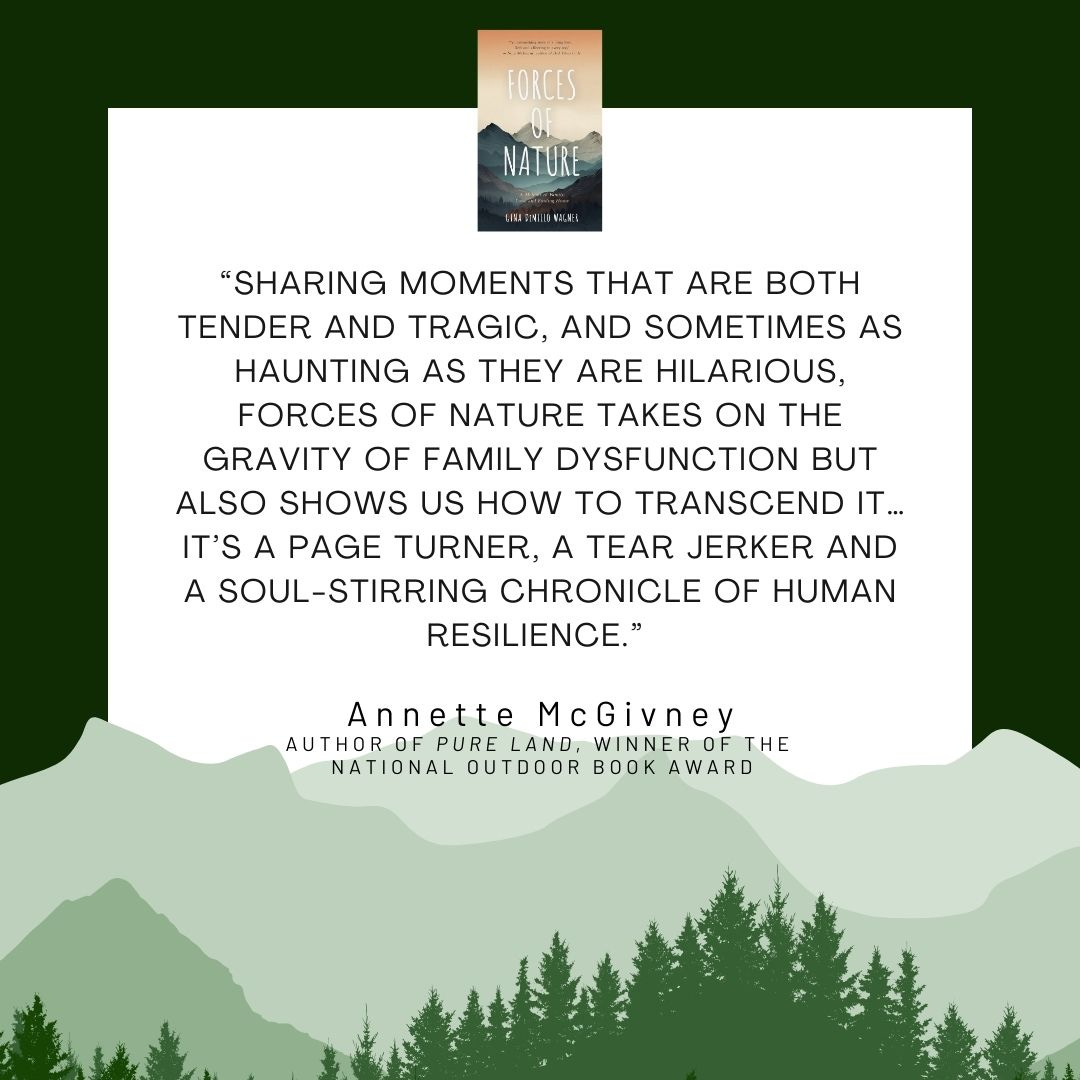Why are we all so bad at accepting compliments?
On "early praise" and how to believe the nice things people say about you
Asking for endorsements is one of the more humbling parts of publishing a book1. It’s nerve-wracking to approach authors you admire, ask them to read your work and (hopefully!) say something nice about it. I was even more humbled and honored when every author I approached enthusiastically said yes. The kind words they shared have buoyed me more than they can possibly know. …But getting to that point was excruciating.
I wasn’t just asking for professional feedback on an important piece of work. I was asking someone to wade deep into my life story and validate it. I was inviting them to spend hours following the beam of my flashlight through the dark, all the while hoping they’d emerge with shiny gemstones of wisdom and insight.
I wanted them to see me and my story. I was equally terrified of being seen.
But here’s the thing.
I want to be seen, uncomfortable as it is. I want to turn my face toward the sun, even if I have to squint. I want to know in the end that I’ve taken my grief and life experience and woven it into something beautiful, meaningful, and resonant. Something that will help other people make sense of their own history, untangle their own heartaches and joys.
As a professional writer, I’m very good at processing editorial feedback and constructive criticism. It’s central to my job. But admiration is trickier, maybe because there are no action items associated with compliments.
So how do I learn to accept and metabolize praise? To start, I went back to my journalism roots and researched a few strategies.
Turns out, most of us are really bad at accepting compliments.
It’s not just writers and introverts. According to Harvard Business School researchers, about 70 percent of adults report feelings of embarrassment and discomfort when praised. Even more report feeling surprised or put on the spot. In fact, our most common responses to praise fall into three categories:
Deflect: Whether we use humor to take the pressure off or quickly change the subject, our goal is to move the spotlight off of us ASAP.
Discount: We offer reasons the compliment is false or undeserved. We point out all the flaws, give credit to someone else. It was no big deal. Really!
Reciprocate: In this case, we might accept the compliment, but we also (consciously or unconsciously) consider praise transactional. So, we reflexively offer a compliment in return, evening the score.
Of course, WHY we respond this way is much more complicated. Maybe the admiration doesn’t reconcile with how you view yourself. Maybe you worry that you can’t live up to the hype. There are deeper emotional forces at work which you can unpack in therapy (as I have been doing!), but it helps to first identify the pattern so that you can disrupt it.
How to take a compliment
You might not be able to stop your knee-jerk reaction to praise, but you can try to interrupt it and reframe it. Researchers suggest visualizing a compliment as a tangible item, like a gift that’s been handed to you. Don’t toss it aside or devalue it. Instead, hold it and consider what it means.
Researchers suggest visualizing a compliment as a tangible item, like a gift that’s been handed to you. Don’t toss it aside or devalue it.
For me, this looks like not responding immediately. Instead, I’m listening to what the person is saying about me or my work and trying to absorb the feedback. I’m saying “thank you” without simultaneously imagining how I could repay them. I’m taking a deep breath. Making eye contact. Using the moment to connect (keeping in mind that it feels vulnerable to give praise as well as receive it). If I feel too overwhelmed to respond in the moment, I might hold onto their words and unwrap them later when I can really let the meaning sink in.
Early Praise
With that in mind, over the next several weeks, I’ll be sharing some of the early praise I received for Forces of Nature on my Instagram feed without qualifiers or apologies. Just gratitude for having been seen.

I’ll also encourage you to check out the other author’s books. You’ll see why I respect these voices so very much. They’re all brilliant and creative and beautiful. (I could compliment them all day long!)

Now it’s your turn, all you lovely, radiant people: What’s one of the best compliments you’ve received? And did you believe it? Tell me in the comments.
These endorsements or “blurbs” are also controversial in publishing. If you want a deep-dive, see: https://www.esquire.com/entertainment/books/a44948120/book-publishing-broken-blurbs-system/




